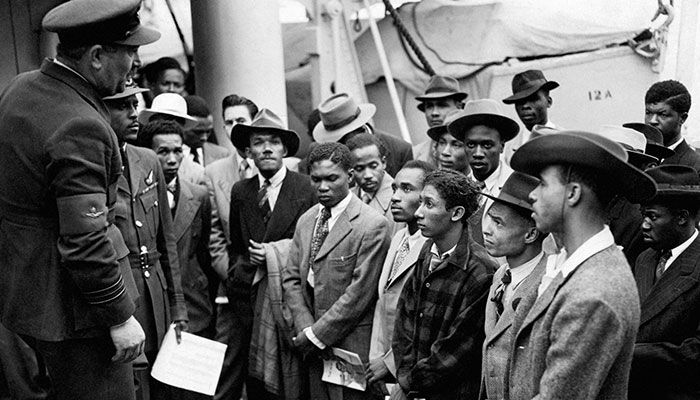
Photo: PA
The Home Office has endured more than its fair share of crises. But the chaos we have seen this week is different.
Over the last 15 years home secretaries have declared their own department as “not fit for purpose” and “closed and secretive”; we have had scandals about failing to remove foreign criminals, admitting people with forged business plans, and losing track of international students.
This time, though, MPs and the public are furious because the Home Office has been too tough. Or at least, it has been tough on the wrong people.
To recap: according to media stories first published last month, British citizens from the Windrush generation – that is, Caribbean citizens and their families invited to make their lives in the UK after the Second World War – have found themselves the victims of beefed-up immigration rules.
The rules, dubbed the ‘hostile environment’ by the people who designed them, were introduced to discourage illegal immigration by forcing immigrants to provide more paperwork before they could rent homes, open bank accounts and get healthcare.
As a result some of the Windrush generation have been denied life-saving healthcare because they don’t hold the documents the Home Office demands. They have every right to be here yet some have been locked-up in immigration holding centres. Some may have been kicked out of the country, although no one at the Home Office appears to know for sure.
This has caused uproar. However inadvertently, the Home Office couldn’t have picked on a better-loved group of people. The British public are a sceptical lot about immigration, but the Windrush generation are held in unusually high regard.
These are the families who worked long hours, paid their way, and took their place at the heart of British society as the country rebuilt itself after the war. Brits like the idea that migrants will contribute to society and integrate into everyday life (the think-tank British Future has written very well about this), and these guys tick all the boxes.
Plus the Windrush-ers are associated with the institutions Britons value most, above all the NHS. There is quiet recognition, too, that Caribbean migrants made this contribution in the face of racial discrimination. The idea of messing them around now, as they settle into retirement and a quiet life, is deeply unpopular.
On top of this, the government’s timing couldn’t have been worse.
Firstly, the stories broke as the country debated the legacy of Enoch Powell, 60 years on from his Rivers of Blood speech. Today’s consensus might be that Powell was racist and wrong, but suddenly we were back thinking about the mistreatment of the same families he attacked several decades ago.
And secondly, it hit the headlines just as heads of government from around the Commonwealth were gathering in London to discuss trade and diplomatic links. Threatening to deport British citizens back to the commonwealth certainly didn’t look very diplomatic; neither did Number 10 refusing an offer to meet Commonwealth leaders to discuss the issue. The prime minister u-turned later in the week but the damage was done.
The government can fix the problem, but it will take more than a few extra caseworkers and some reassuring words.
This week’s scandal wasn’t a result of policy failure. It was the hostile environment operating exactly as it was intended. This is basically a system of trawling through people’s private lives and pouncing on anyone who doesn’t have the right documents. Officials followed the procedure and have caused suffering to individuals and embarrassment to their bosses.
If ministers want to make sure this doesn’t happen again, they need to retire the hostile environment. It is time to rethink the whole thing.
Russell Hargrave’s book on immigration to Britain between the Second World War and Brexit is due to be published later this year.



















